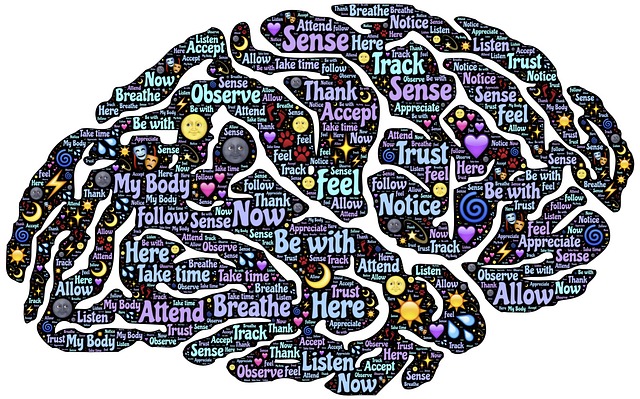In a previous post when discussing mindfulness and neuroplasticity, I mentioned that Tai Chi actually develops the mind physically by increasing the size of the insula in the brain.
Tai Chi is one of the mind-body techniques that form part of Traditional Chinese Medicine and is based on Chinese philosophy incorporating Taoism and Confucianism. Tai Chi involves a combination of slow movements, body postures and mindful breathing. In Chinese philosophy terms, it facilitates the flow of Qi, “life energy”.
Tai Chi has been shown to improve muscle strength, balance and flexibility and, when used in conjunction with Western Medicine, helps patients suffering from Parkinson’s Disease, Arthritis and low bone density as well as helping people to recover from the effects of a stroke.
The real benefits of Tai Chi flow from its capacity to simultaneously develop the mind and body of the practitioner and thus enhance their mind-body connection. Alzheimer’s disease is a clear example of the mind-body connection because as the mind deteriorates so does the body. Tai Chi has been shown to combat Alzheimer’s.
The power of Tai Chi to develop the mind derives from the state of “relaxed concentration” achieved by focusing on the coordination of mind and body in a series of slow, balanced and rhythmic movements, while focusing on a single thought. The focused attention develops mindfulness, improves memory and strengthens concentration. Dr. Shin Lin, in a talk at the UCLA Center for East-West Medicine, provided research results to show that Tai Chi produces new neurons during regular practice which suppress stress and build memory.
Dr. Lin indicated that Tai Chi, besides producing stress release, also improves immunity and eases chronic pain and fatigue. Professor Michael R. Irwin, Medical Doctor and Director of the Cousins Center for Psychoneuroimmunology at UCLA, has demonstrated in his research that Tai Chi “promotes improvements in health functioning, viral specific immunity, and inflammation”. His area of research and practice is focused on the mind-body connection – “Psychoneuroimmunology” involves the “study of the interaction between the psychological processes and the nervous and immunity systems of the human body”.
I have found from personal experience that Taoist Tai Chi helps both my mind (concentration, focus and creativity) and my body (energy, balance and fitness). I use the evidence of the mind-body benefits of Tai Chi to motivate my daily practice.
Karl Romain, in discussing how Tai Chi trains the brain, suggests that if you cannot find time for meditation and Tai Chi, practise your Tai Chi because it has a meditation element, as well as provides benefits for your mind-body connection. I think the two practices, meditation and Tai Chi, are highly complementary and my personal goal is to achieve daily mindfulness practices that include both traditions.
As we grow in mindfulness through meditation and/or Tai Chi, we develop improved health and wellness, develop our minds and deepen our mind-body connection.
By Ron Passfield – Copyright (Creative Commons license, Attribution–Non Commercial–No Derivatives)
Image source: courtesy of johnhain on Pixabay
Disclosure: If you purchase a product through this site, I may earn a commission which will help to pay for the site, the associated Meetup group and the resources to support the blog.


5 thoughts on “Tai Chi and the Mind-Body Connection”